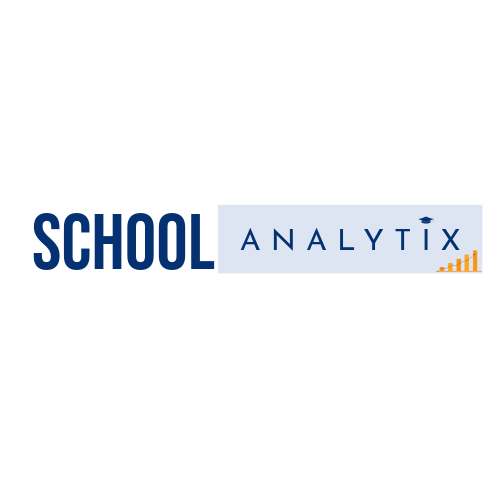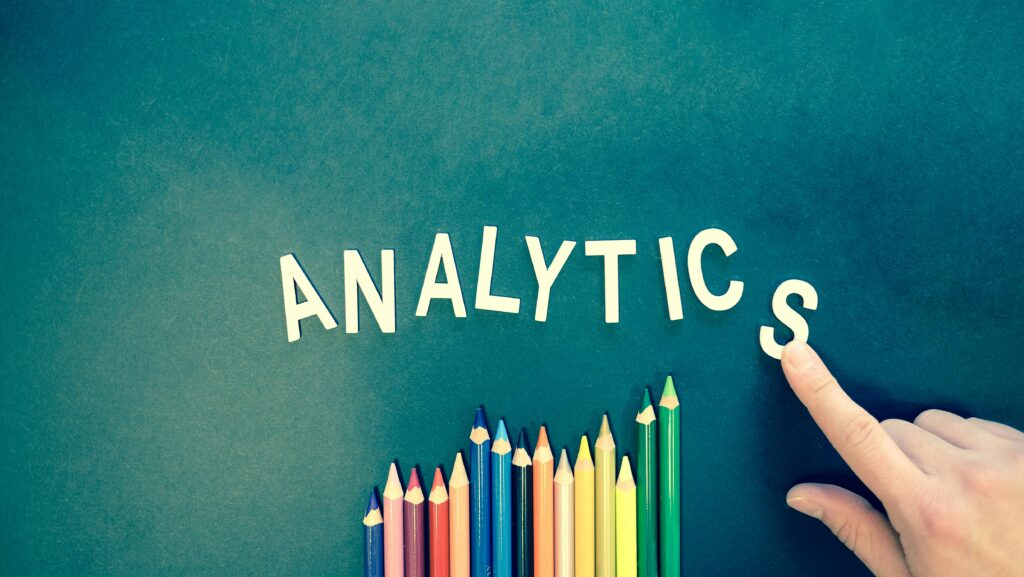In the realm of education, understanding and managing student behavior is pivotal for fostering a conducive learning environment. However, the complexities of human behavior often present challenges for educators. Addressing behavioral issues proactively rather than reactively has emerged as a crucial objective for educational institutions. Fortunately, the advent of data analytics offers promising solutions to predict and mitigate these challenges. This article delves into the transformative potential of data analytics in predicting student behavioral issues and its implications for shaping the future of education.
Understanding Student Behavioral Issues:
Behavioral issues encompass a spectrum of challenges ranging from academic disengagement to disruptive conduct in the classroom. These issues not only impede individual learning but also disrupt the learning environment for peers and teachers. Identifying the root causes behind such behaviors is essential for implementing targeted interventions. Traditional methods of behavior management often rely on subjective observations and anecdotal evidence, which may overlook underlying patterns and trends.
The Role of Data Analytics:
Data analytics revolutionizes the approach to understanding student behavior by harnessing the power of data. By leveraging diverse datasets encompassing academic performance, attendance records, disciplinary history, socio-economic factors, and even social media activity, educational institutions can gain comprehensive insights into student behavior. Advanced analytical techniques such as machine learning algorithms and predictive modeling enable educators to identify early warning signs and anticipate potential behavioral issues before they escalate.
Predictive Analytics in Action:
One of the primary applications of data analytics in education is predictive modeling for identifying at-risk students. By analyzing historical data and patterns, predictive algorithms can forecast which students are more likely to exhibit behavioral challenges. Factors such as absenteeism, poor academic performance, and socio-economic background can be weighted to generate risk profiles for individual students. Armed with this predictive intelligence, educators can tailor interventions to address specific needs and mitigate the risk of behavioral issues.
Early Intervention Strategies:
The real power of predictive analytics lies in its ability to facilitate early intervention strategies. Rather than waiting for behavioral issues to manifest, educators can proactively intervene to support struggling students. This proactive approach encompasses personalized interventions such as academic tutoring, counseling sessions, mentorship programs, and family engagement initiatives. By addressing underlying factors contributing to behavioral challenges, educators can empower students to overcome obstacles and thrive academically.
Ethical Considerations and Data Privacy:
While data analytics holds immense potential for enhancing education outcomes, it also raises ethical considerations regarding data privacy and student confidentiality. Educational institutions must adhere to stringent data protection protocols and ensure transparency in data collection and usage. Moreover, there’s a delicate balance between leveraging data for predictive purposes and safeguarding against algorithmic bias and discrimination. Responsible data governance frameworks are essential to uphold ethical standards and safeguard the rights of students.
Challenges and Limitations:
Despite its promise, implementing data analytics in education comes with its share of challenges and limitations. Educational institutions may encounter obstacles related to data integration, infrastructure, and resource constraints. Furthermore, interpreting data insights requires domain expertise and collaboration between educators, data scientists, and other stakeholders. Additionally, data analytics cannot replace the nuanced understanding and empathy of educators in addressing complex behavioral issues.
The Future Outlook:
As technology continues to evolve, the future of predictive analytics in education appears promising. Advancements in artificial intelligence, natural language processing, and sentiment analysis hold the potential to further refine predictive models and enhance their accuracy. Moreover, the integration of predictive analytics into educational platforms and learning management systems can empower educators with real-time insights and actionable recommendations. By harnessing the power of data analytics, educational institutions can foster a culture of continuous improvement and student-centric approaches.
Conclusion:
In an era marked by unprecedented technological advancements, data analytics emerges as a transformative tool for predicting and addressing student behavioral issues. By leveraging data-driven insights, educators can move beyond reactive measures and adopt proactive strategies to support student success. However, the ethical implications and challenges associated with data analytics underscore the importance of responsible data governance and collaboration across stakeholders. As we navigate the complexities of education in the digital age, integrating data analytics into pedagogical practices holds the key to unlocking the full potential of every student.

